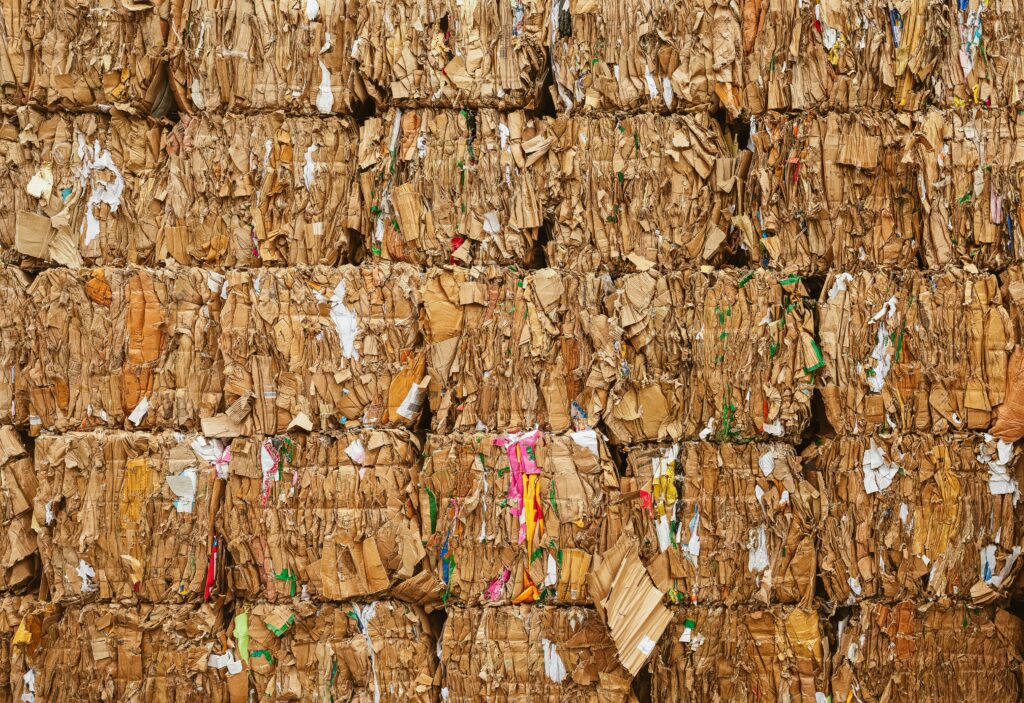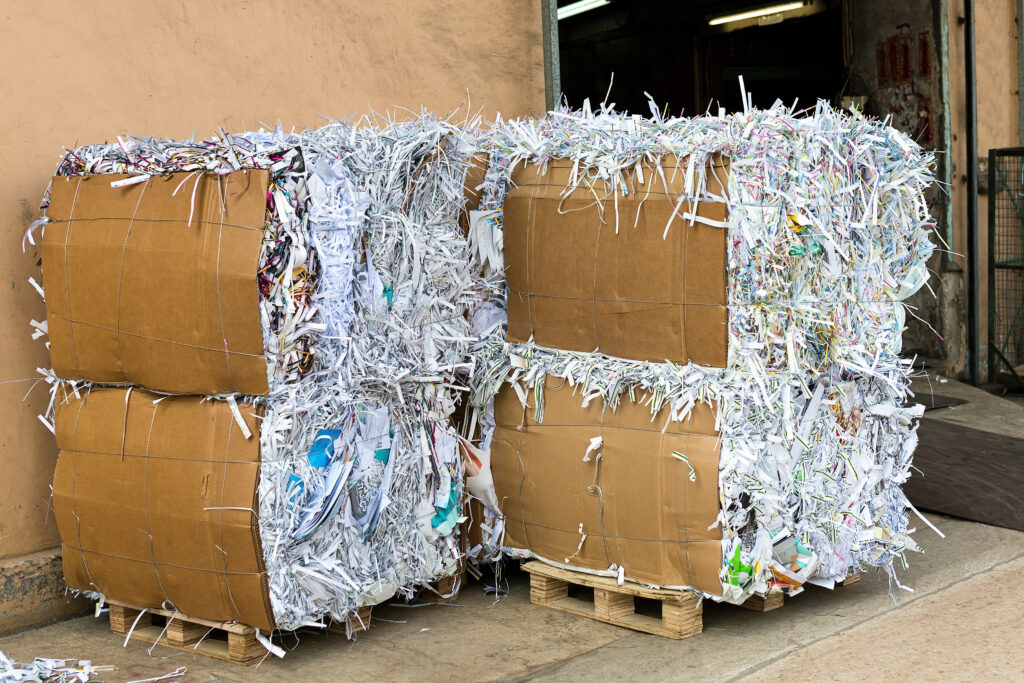The paper recycling rate fell from 67% in 2009 to 65% in 2010 as paper and board recyclers were slow to respond to increased consumption levels, the Confederation of Paper Industries has claimed.
In its Annual Review 2010, the sector trade association stated that 2010 had been a year of retrenchment for the paper sector following the recessionary impact on the industry 2009.

However, despite recovery in some areas of the sector, the volume of paper and board collected for recycling fell from 8.5 million in 2009 to 8 million in 2010, which was accompanied by a 2% fall in the amount of paper recycled.
Outlining the reasons behind this in its Annual Review, the Confederation of Paper Industries (CPI) states: This drop in the recycling rate is associated with a lag factor of the paper and board recycling industry, where (high) levels of recovery take a few months to reflect increasing consumption.
A fall was also experienced in the domestic usage of recovered paper, which fell by 1.5% between 2009 and 2010. This saw the figure fall from 432,630 tonnes in 2009 to 3,762,000 tonnes in 2010, although the CPI claims this is not as significant a fall as seen between 2008 and 2009.
“Modest”
Elsewhere, the CPI states there was a modest return to growth for paper and board consumption as a whole, with demand rising by 1.2% from 10.4 million tonnes in 2009 to 10.6 million in 2010. However, this was still below the 11.4 million tonnes achieved in 2008.
With regards to outlets for material, the CPI indicates that the UK is still heavily reliant on the export market, although European traders have increased between 2009 and 2010. This has seen the volume of material of exported to the Far East fall from 85% in 2009 to 77% in 2010.
In comparison, there has been increased demand from Europe for recovered paper and board, with imports to the continent rising from 14% in 2009 to 22% in 2010.
Overall, for 2010, the CPI claims that the paper sector achieved a 65% recycling rate compared to a 67% recycling rate in 2009. It claims the 2% decline is linked to a lag factor in paper and board recycling industries to reflect recovering consumption levels.
Lobby
Looking ahead, the CPI stressed the need to lobby government for an extension to the Climate Change Agreements (CCA), which sees sector wide energy efficiency targets agreed and, upon completion, an 80% discount on the Climate Change Levy is applied.
In the foreword to the document, David Workman, director general of the CPI, said: Government needs to be constantly reminded that sustainability is a three-legged stool and any assessments need to include, in equal measures, the social and economic legs as well as the environment one.
This is particularly true today as the UK economy struggles through a turbulent period of deficit reduction, while engaged in energy market reform and the imposition of even tighter controls and tolerances.
Mr Workman claimed that a failure to ensure the paper industrys inclusion in the CCA could render it uncompetitive with the rest of the world.








Subscribe for free